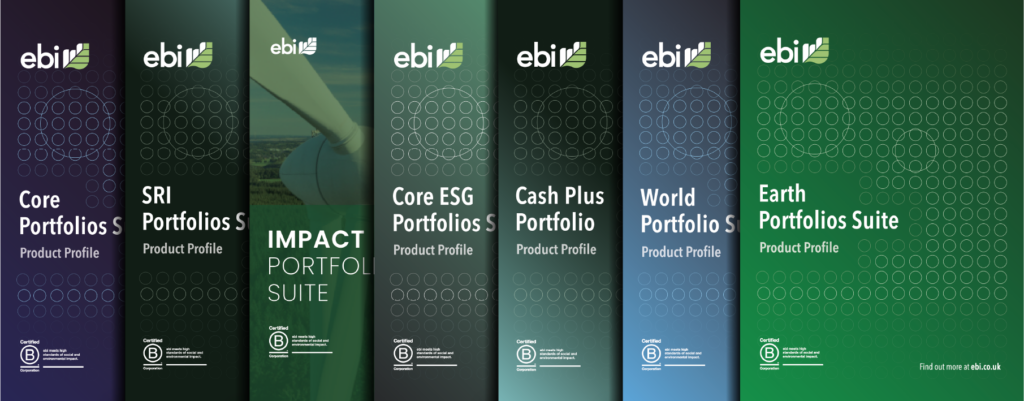Difference between ESG and SRI Investing

ESG and SRI Investing.
A problem of terminology
Advisers are often asked by clients to explain the difference between ESG and SRI investing. Historically there has been a lack in consistency in the use of sustainable investing terms by fund managers, making it difficult for investors to be 100% clear on the funds objective and performance.
The Financial Conduct Authority’s new Sustainability Disclosure Requirements aims to standardise a nomenclature to address greenwashing issues.

ESG vs SRI
Both ESG and SRI investing include non-financial factors into the investment decision making process, but differ in their focus and their application.
What is ESG investing?
ESG investing aims to identify companies with sustainable business practices.
Firms are judged on their environmental, social and governance impact, and the opportunities and risks they potentially offer investors.
The approach is less about taking a moral stand, and more about measuring the effect of ESG issues on corporate value.


What is SRI investing?
Socially Responsible Investing (SRI) goes further, by using investment strategies to promote sustainable development for the good of society. It could do this in many ways, including negative screening, positive inclusion and impact investing. It typically involves avoiding companies that are engaged in harmful activities such as tobacco or weapons manufacture.
Both strategies have become increasingly popular in recent years as investors seek to align their personal values with their investments.
ESG should be part of managers’ fundamental research processes, because they want to invest in companies with good financial stewardship and long-term value. But SRI takes that further by positively promoting social and sustainability goals.
ebi has created a range of low-cost, diversified, passively managed portfolios.




